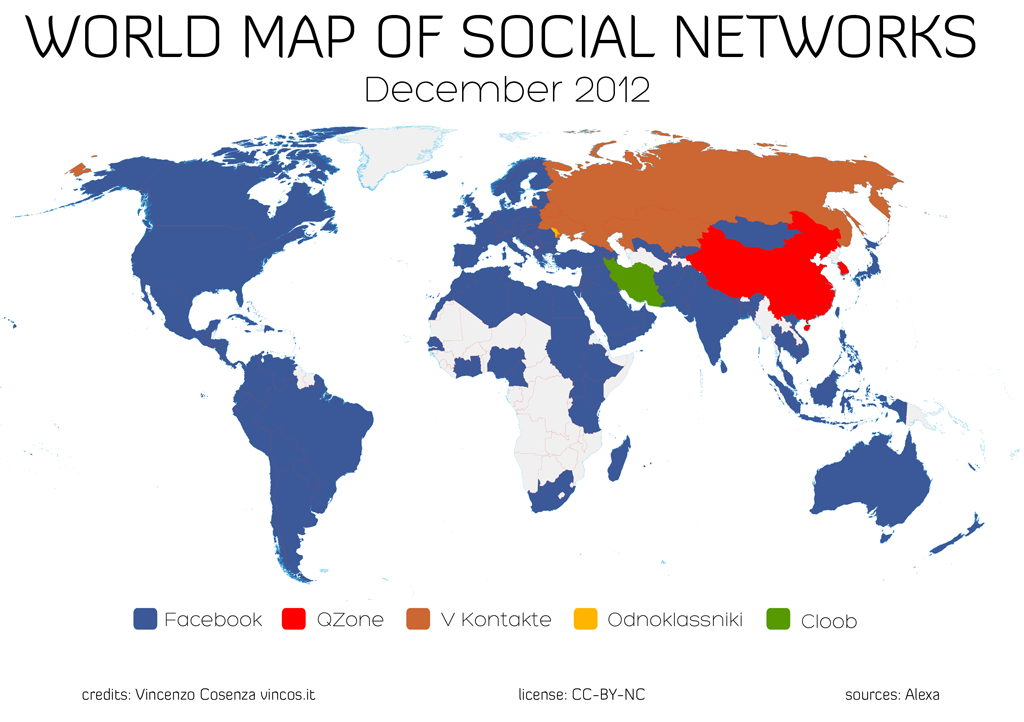I got a note from my sister asking for a few pointers to start her own blog. I thought I would share them as a blog post. Hope that you find something of value.
---
Ok. So you want to start a blog. Welcome to blogging.
Although it may not seem obvious to you, blogging is a journey. I encourage that you get your pleasure out of writing. Writing is of curious art. It not only creates something that you can leave behind. It also helps you think about things. Learn to enjoy how it makes you feel. Because as you will discover, finding readers in this vast World Wide Web is not going to happen over night. Unless you draw your pleasures from writing itself, you will get frustrated and stop. More on this later.
Today let's get started with blogging. There are many crafts that people will tell you about. Just google 'how to start a blog.' From Step-by-Step Guide for Beginners to Commonly Made Mistakes by Bloggers, there are many self-guided instructions. Don't get overwhelmed by them. They tell you what you need to do to sell your blog, look for audience. That's great, but it all starts out with far simpler, but disciplined act of writing.
This is the most important lesson there is in blogging. Once you start, you have to write. Set a schedule, whether daily, Mon-Wed-Fri, every week, every month, you have to carve out time to seat down and write. It's a promise that you are making with yourself to consciously serialize your thoughts. Your most important audience is you. Don't let yourself down. Write it religiously. Thankfully there are
many inspirations scattered all around the web. I will share them with you along the way.
To get your blog started, let's talk about what you need to do:
- Decide what to write about
- Set up a blog using Google Blogger
- Write About Me page
- Post the first blog
- Email friends about your blog
Simple enough. Let's start.


